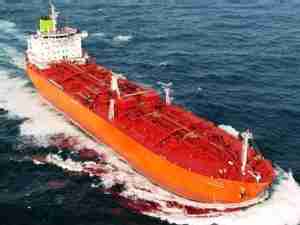One of the cases involved a cargo of scrap material on a ship from Japan that was detected on April 1 at the eastern port of Taizhou in Zhejiang province, the General Administration of Quality Supervision, Inspection and Quarantine said in a statement on its website.
The day before, another ship from Japan was found to have higher than normal radiation when it docked at China's Ningbo port, the statement said.
At least two bulk carriers carrying metal scrap from Japan had been rejected by Ningbo and Taizhou ports in Zhejiang because of radiation levels above Chinese standards, a trading manager for a copper and aluminium recycler in Taizhou told Reuters.
There was also a Japanese aircraft that arrived at Hangzhou airport with abnormal radiation levels on April 1, the watchdog added.
All of the cases were turned over to local environmental protection bodies to handle, the watchdog said. It did not say what happened to the ships or their cargos.
At least one ship, operated by Mitsui O.S.K. Lines , was prevented from unloading its cargo in China.
"We cannot see too much of a problem from the dry bulk side of things," said Rob Lomas, secretary general of Intercargo, the main trade group representing the dry bulk industry.
"In essence, the dry bulk industry is never going to materially be affected by this because we don't really load a huge amount in Japan."
Dry bulk ships transport iron ore, coal, grains and other dry commodities. (Reuters)










